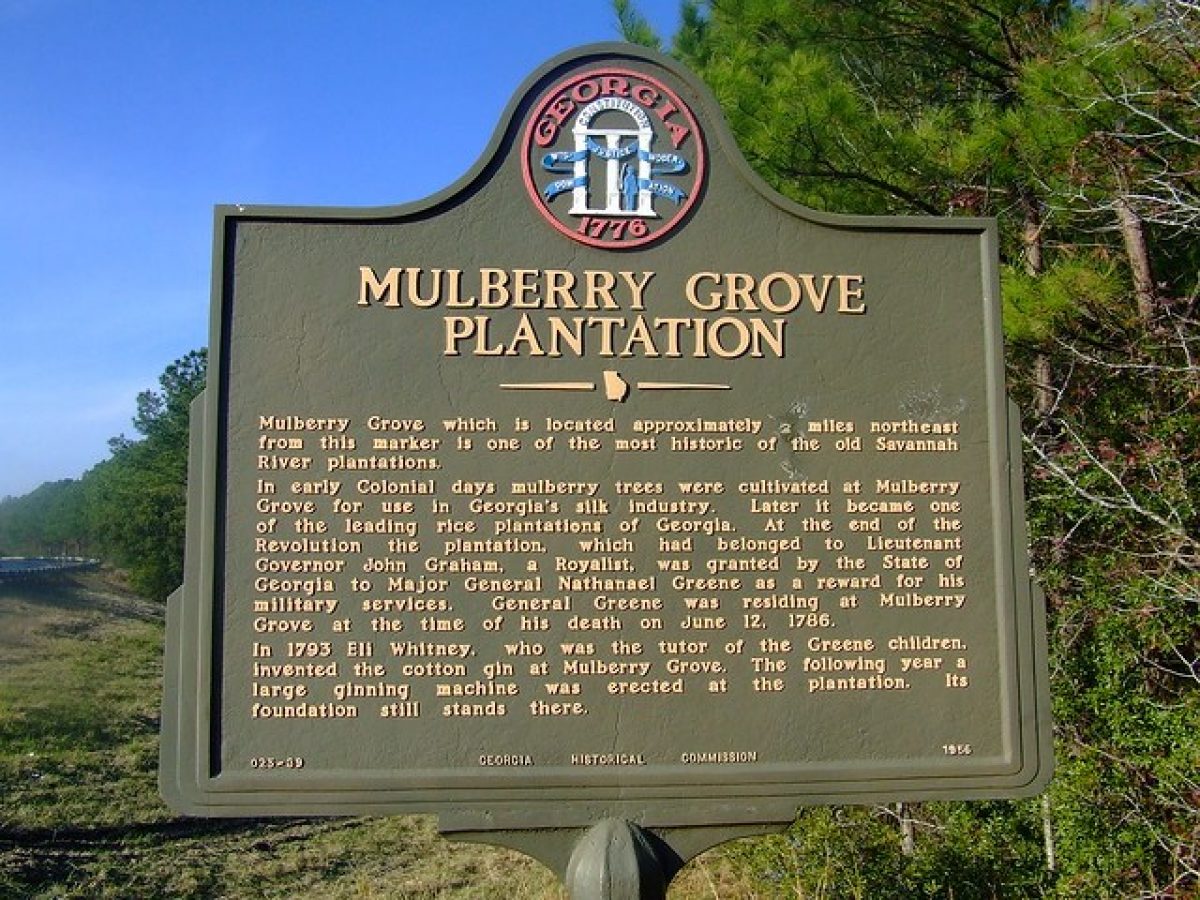Christmas Moultrie may well have been the last of enslaved babies born at Mulberry Grove and would have witnessed its burning by elements of Sherman’s Army in 1864.
During its existence, Mulberry Grove would have had as many as 13 different owners, and while there are no official numbers, nearly 200 enslaved men, women and children could well have lived and worked on that plantation.
Zachariah Winkler was the owner when the buildings were set afire in 1864, but who actually started Mulberry Grove Plantation?
Before it was called Mulberry Plantation, the river acreage was part of Joseph’s Town, an area General Oglethorpe had set apart in 1735 to become a settlement outside the city of Savannah. In 1736, a half-dozen Scotsmen petitioned for and received upwards of 500 acres each for development, but soon learned their investments were unprofitable for one insurmountable reason-a dearth of consistent labor. Slavery had been outlawed by the Trustees and Oglethorpe, yet it soon became evident that the indentured white field workers did not have the constitution to work long days in the colony’s heat and humidity and became ill with what was termed then as “fevers and fluxes.”
However, one Scotsman, Captain John Cuthbert, persevered and is credited with developing Mulberry Grove into a plantation. The Trustees hoped for two industries in Georgia – wine and silk. To that end, Captain Cuthbert successfully planted a mulberry tree nursery. In addition, he and his sister, Ann, saw to the building of a home on the 500 acres and became the first residents. By 1739, the plantation included a barn for cattle and 30 acres cleared for the raising of crops.
By the closing of that year, however, tragedy struck when Captain Cuthbert died in South Carolina while on a special mission for Oglethorpe. Yet, a bit of history is recorded as the Captain’s sister, Ann, became the first woman in the colony to own and run a plantation.
Ann Cuthbert then married Patrick Graham, a Savannah physician, in 1740 after a romantic, as well as a rather eyebrow-raising courtship.
In his Journal, William Stephens, Secretary to the Trustees recorded the following:
Mr. Patrick Graham, Surgeon, who has made considerable Improvement in Building on his Lot in Town, as well as been a constant Planter for two or three years past, having Miss Cuthbert (Sister to the late Capt. Cuthbert, deceased) for his Patient dangerously ill in a Fever, at that time a Lodger in his House, the Doctor took the Opportunity of prescribing Matrimony to her as a Specific, which he was sure would compleat her cure; and on consenting to take his advice in it, they were married in her late Brother’s Plantation. – Page 60, “Savannah River Plantations.”
As a historical postscript… there is no evidence that legal title to the plantation was ever passed to the good doctor, Graham.
